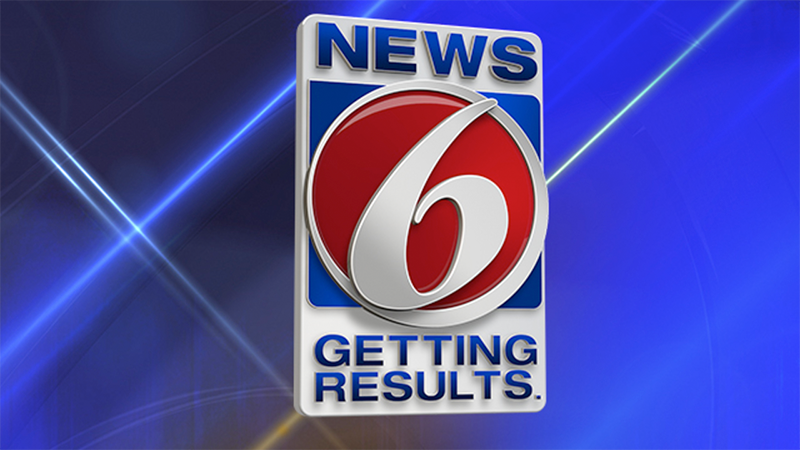CAPE CANAVERAL, Fla. – More than a year after Boeing’s orbital test flight of its Starliner spacecraft went awry the company will go again.
Boeing and NASA announced March 29, 2021 for the next launch of the capsule designed to carry astronauts to the International Space Station. There won’t be any humans on this flight but it’s the final test before Boeing can launch astronauts for NASA.
Recommended Videos
[TRENDING: SpaceX spacecraft flies, then explodes | Wear mask AFTER vaccine shot? | Intruders cut woman’s hair, leave]
A United Launch Alliance Atlas V rocket launched the uncrewed capsule on Dec. 20, 2019 from Cape Canaveral on its first orbital test flight, however, about 10 minutes into the journey a computer timing error caused the capsule to miss a critical maneuver needed to catch up to the ISS. Instead of docking with the space station, Starliner returned to Earth about 48 hours later landing in New Mexico.
Starliner was brought back to Boeing’s facility at Kennedy Space Center where engineers removed parts of the spacecraft to learn from its first spaceflight. The capsule is currently at KSC undergoing final assembly.
After an extensive joint investigation with NASA, Boeing officials say they are ready for orbital flight test 2, or OFT-2. ULA will again launch the spacecraft for Boeing from Cape Canaveral.
NASA previously said three main issues were discovered during Boeing’s 2019 orbital test flight, two were related to software errors and the third was an intermittent communication problem between the spacecraft and controllers on the ground. An independent review team made more than 60 corrective recommendations to Boeing and identified three specific issues that must be addressed before the spacecraft can fly again.
Boeing officials say the company is more than 90% done taking recommended actions developed by the NASA and Boeing Independent Review Team, even those that were not mandatory.
“NASA and Boeing are doing a tremendous amount of work on all aspects of their flight software running numerous cases through the Boeing high fidelity simulation environment that includes the Starliner avionics,” NASA Commercial Crew Program manager Steve Stich said in a statement.
Earlier in the week, Boeing completed a sixth and final test of the parachute system to further test the landing system through less-than ideal landing conditions.
NASA selected Boeing and SpaceX to build human-rated spacecraft to fly U.S. astronauts as part of the Commercial Crew program, awarding the private companies a combined $6.4 billion. Both companies experienced delays working to certify their capsules to fly crew to the ISS and bring them home safely but NASA officially certified SpaceX’s Dragon spacecraft to fly humans earlier this year. The private company has now twice successfully sent astronauts to the International Space Station.
When Starliner completes this final test it will become the second form of transportation to low-Earth orbit for astronauts, an exciting change for NASA as the U.S. space agency had relied on Russia to shuttle its astronauts to and from the ISS since 2011.
If OFT-2 goes well, Starliner will next launch three NASA astronauts, Nicole Mann, Mike Fincke and Barry “Butch” Wilmore. Wilmore replaced Boeing’s test pilot Chris Ferguson on the manifest earlier this year. Ferguson, a former NASA astronaut, said he made the decision to remain on Earth to avoid missing commitments he made to his family, including his daughter’s wedding.
NASA and Boeing have yet to announce the time of the OFT-2 launch on March 29.
Want more space? Subscribe to Space Curious, a podcast from WKMG and Graham Media that answers your intergalactic questions.
Follow wherever you listen to your favorite podcasts including Spotify, iTunes, Stitcher and Google Play. New episodes drop every other Wednesday.
Subscribe to a weekly newsletter to receive the latest in space news directly to your inbox here.
